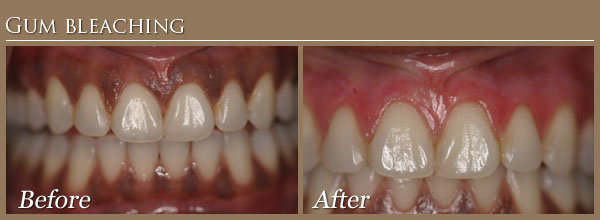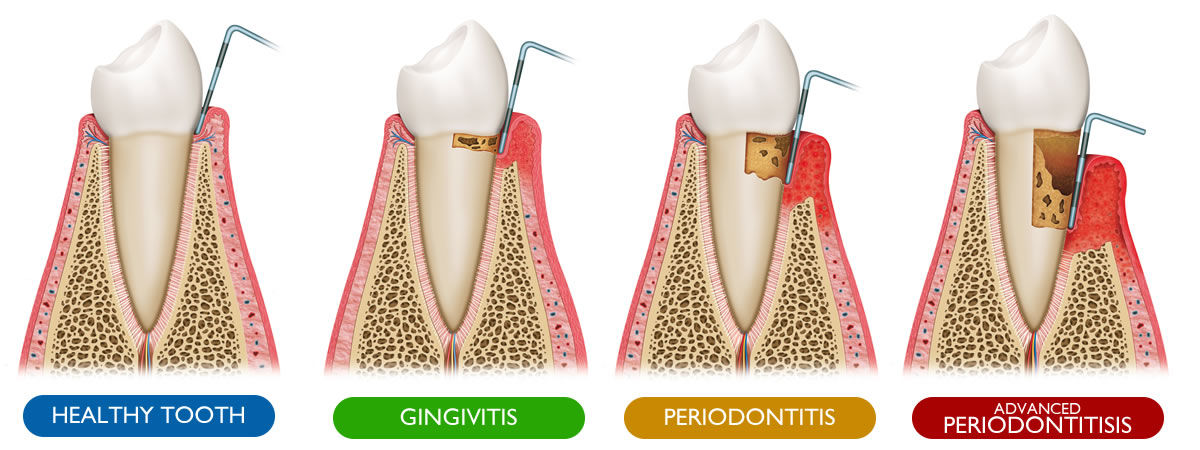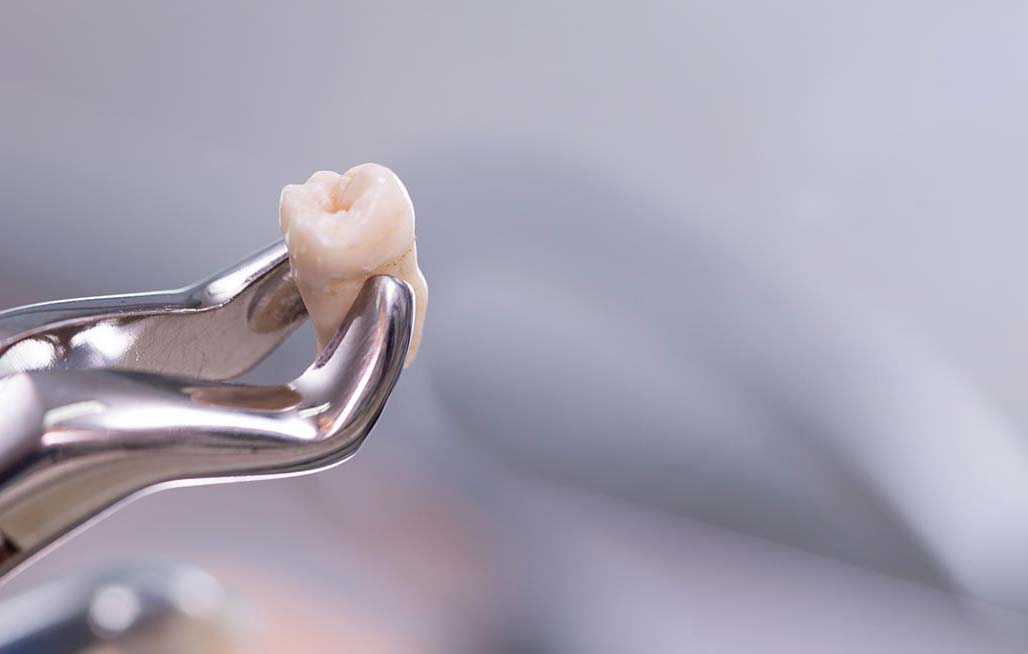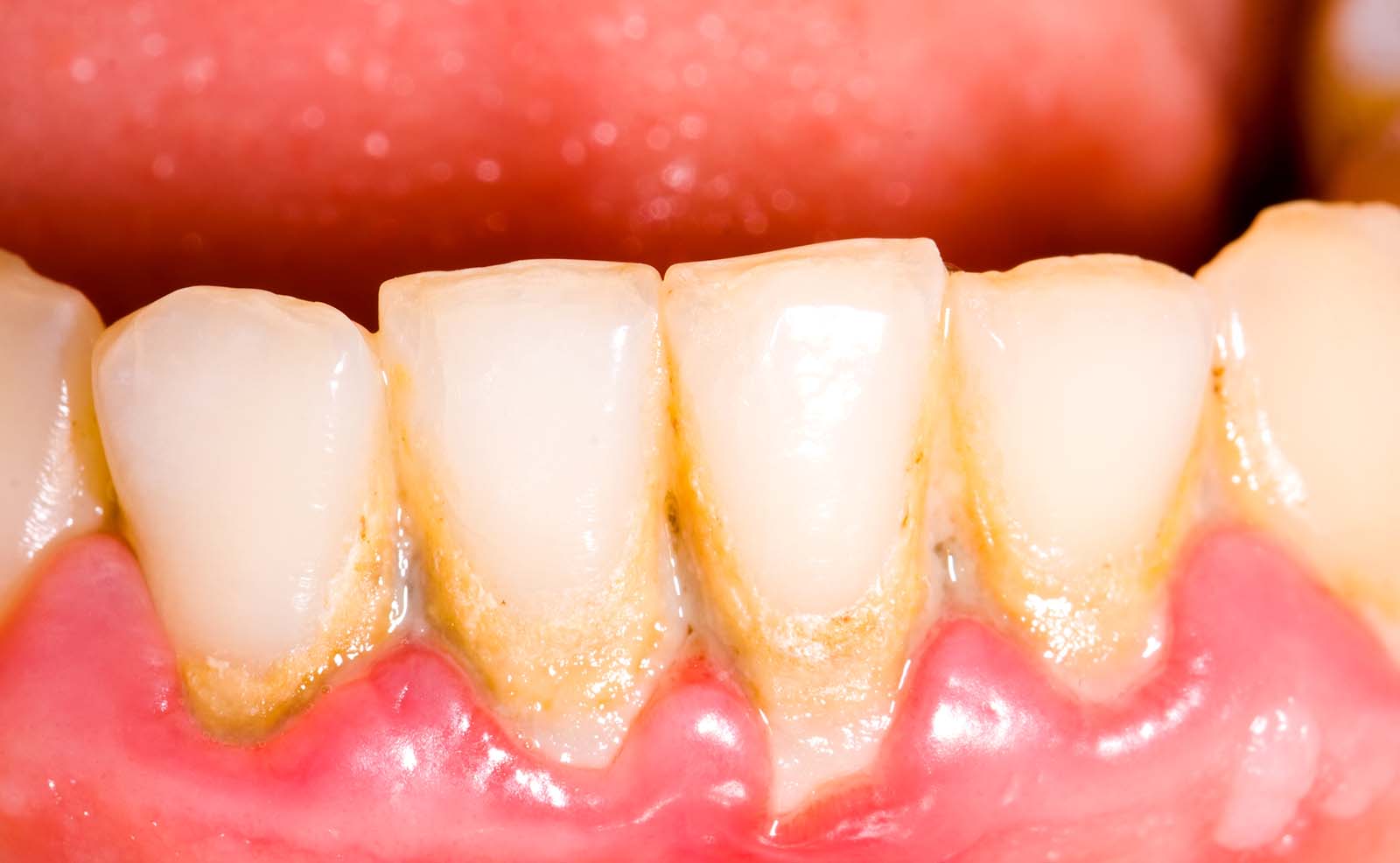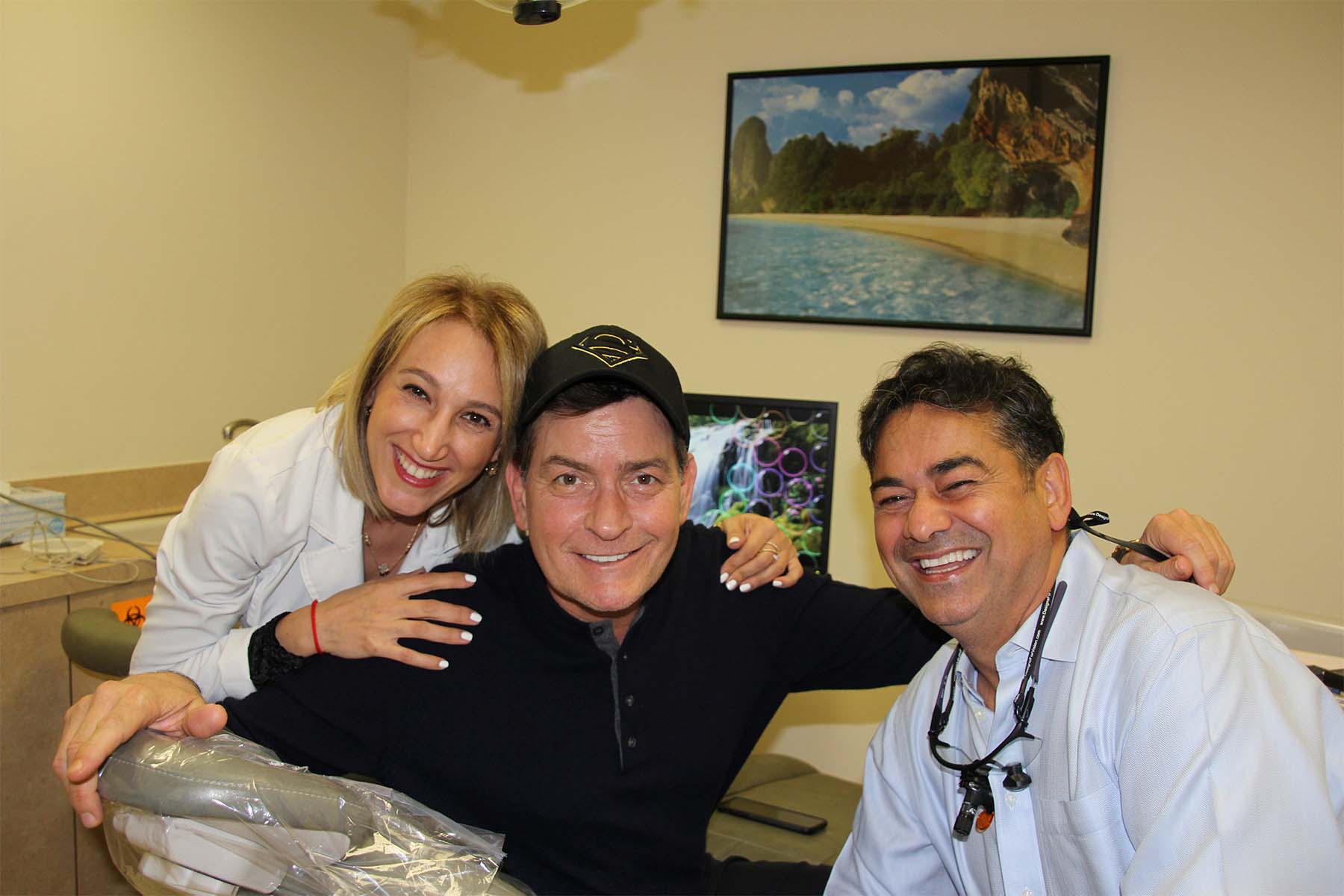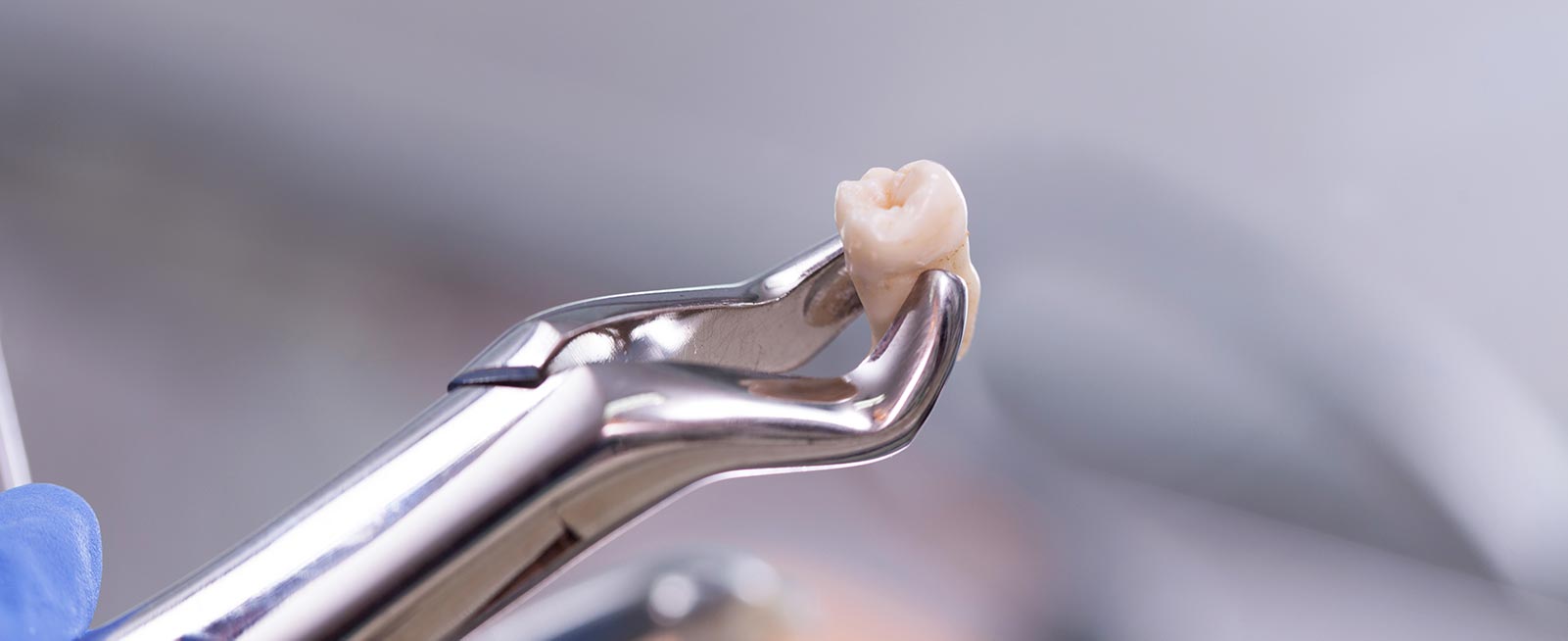Why Treat Gum Disease
Gum disease is dangerous, and there is no simple way to convey that message. Gum disease can lead to periodontal disease, which can lead to serious health problems later in life. Did you know periodontal disease is linked to an increased risk of developing cancer, diabetes, heart disease, and even an increased risk of stroke or heart attack? These are serious health problems that affect your overall quality of life, and no one wants to think they could have decreased their risk of these health problems if they’d only taken better care of their oral health.
If you believe you might need periodontal disease treatment or gum disease treatment in Los Angeles CA, you should call our offices right away to schedule an appointment. It’s not worth risking your future health to ignore problems like this right now. Periodontal disease treatment and gum disease treatment in Los Angeles CA vary based on the severity of your issues, but we can help break down the treatment process and everything you need to know.
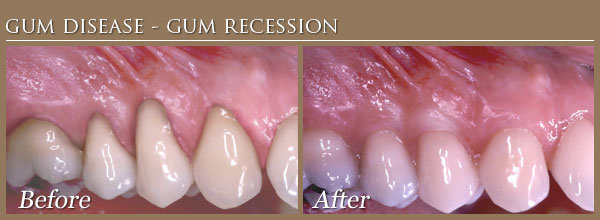
Non-Surgical Treatment
Not all cases of gum disease treatment in Los Angeles require invasive surgeries. Some gum disease treatments are simple.
– Professional dental cleaning to remove plaque, tartar, and other bacteria from the teeth
– Scaling and root planing
Cleanings are not treatments for gum disease if its active, but it is a great way to help prevent further development and the need for more invasive treatment. Scaling and root planing is a more serious procedure, but it still qualifies as being nonsurgical. It’s the kind of procedure that requires your dentist places you under local anesthetic and works to remove bacteria settled in below gum lines.
Surgical Treatments
- Flap surgery
- Pocket reduction surgery
- Bone grafts
- Soft tissue grafts
- Guided tissue regeneration
- Surgery on the bone
These are all solutions for gum recession treatment in Los Angeles, and they also work for periodontal disease treatment as well. Your dentist will help you understand when you need a more invasive surgery by explaining where your problems are located. If your disease has affected your tissue, nonsurgical procedures will not work to cure you of this problem.
Depending on the type of surgery and work you need done to help with periodontal disease treatment, you are also prescribed medications. These medications are for helping you handle the pain following an invasive surgery, and some are given to you as a way of helping you keep bacteria at bay.
Do I have Gum or Periodontal Disease?
The problem with both is you might not be able to tell if you have a problem unless it’s diagnosed by a doctor. There are some symptoms, but it’s not a guarantee you’ll experience those symptoms if you have this problem.
- Bad breath
- Red gums
- Toothaches
- Receding gums
- Tender gums
- Tooth loss
- Swelling
- Bleeding
If you notice any issues like this when you are brushing or going about your everyday life, it’s important you call the dentist. If you’re not seeing your dentist twice a year for regular check-ups and cleanings, it’s time to rectify that situation. Your mouth must be healthy to promote good overall health, and you’re not doing yourself any favors by not seeing the dentist regularly.
Your dentist can help prevent gum and periodontal disease from ever occurring. Thorough cleanings biannually can remove plaque and tartar that gets into the gums and causes disease. If you’re looking to avoid periodontal disease treatment or gum disease treatment in Los Angeles CA, seeing your dentist regularly is the best solution. There’s no time for this kind of health issue to develop when you see the dentist regularly. They catch the problems ahead of time before they can develop.
If you’ve skipped your dental appointments for the past few years, you might be dealing with bigger problems than you realize. Don’t keep putting it off, either. Call now to discuss your issues, make an appointment, and get your dental health in check. You can still stave off the need for surgery or invasive treatment if you catch gum or periodontal disease early enough.
Preventing Gum and Periodontal Disease
The best treatment for gum disease and periodontal disease is prevention. There are many things you can do each day in addition to making and keeping regular appointments with your dental professional.
- Brush for two minutes twice a day
- Floss your teeth daily
- Call the dentist if you notice anything seems off with your teeth or gums
- Avoid hard or sticking foods that damage teeth
- Stop smoking
Your mouth deserves the best possible care you can provide, and these things are not helping you promote healthy teeth or gums. You can avoid needing treatment if you can care for your teeth properly.
Unfortunately, nearly three-quarters of Americans have some form of periodontal disease and no knowledge of their problem. This is a shocking and significant number, and every one of those people is facing a much more difficult challenge than they even realize. It’s time for you to start seeing the dentist so you can deal with treatment right away. The sooner you make an appointment, the sooner you know what you are dealing with and how that will work.
If you can get to the dentist now, call and make an appointment. We can catch your periodontal disease faster this way, and that allows us to help you create a treatment plan that might not be as invasive as it is if you continue to wait. Call our offices now to begin the process of shaping a better, healthier future.

